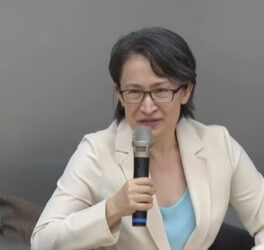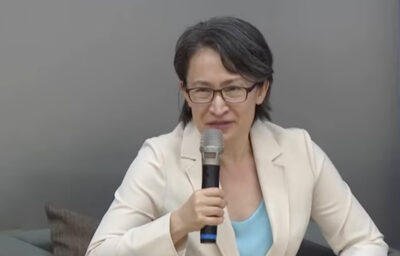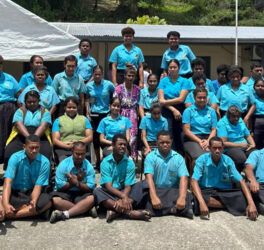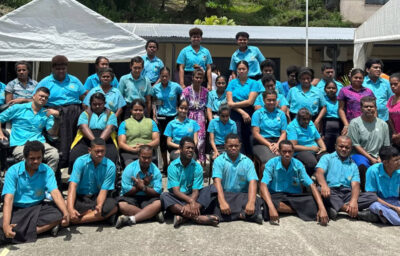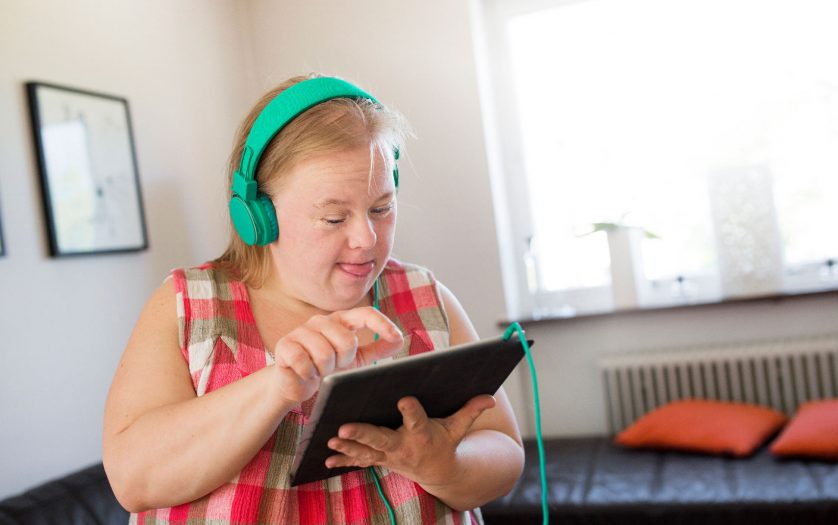
The Department of Health and Social Care and Ministry of Justice have launched a consultation to update the Mental Capacity Act Code of Practice to better support those with dementia, acquired brain injuries, learning disabilities and autism who may need assistance with their everyday decision-making but lack mental capacity thereby requiring others to make decisions in their best interests.
People who have their freedoms restricted to help them receive the best care and treatment will be put at the centre of a new system designed to better protect their human rights.
These decisions could include where a person should live, whether assistive technology like sensors or keypad entry should be installed, setting times for refreshments or activities, whether they can leave the accommodation or restraint in certain circumstances among others.
The Mental Capacity Act Code of Practice sets out how carers and practitioners can make these decisions for others on a day-to-day basis while ensuring the individual is both protected and empowered.
This is part of the government’s promise to ensure everyone receives the right care in the right place at the right time, as part of its reforms of the health and social care system.
The new Liberty Protection Safeguards being consulted on will:
- introduce an explicit duty to consult with the person and those interested in their welfare to find out the individual’s wishes and feelings about proposed arrangements
- allow people to have representation including independent mental capacity advocates to ensure their rights are protected and assess what safeguards are necessary when decisions are being made
- extend safeguards to 16 and 17 year olds and people in any care setting
- improve the protection of rights for people at the heart of the most complex cases through new mental capacity professional roles
- better integrate decisions on Liberty Protection Safeguards as part of health and social care assessments
- involve clinical commissioning groups and NHS trusts in the process to reduce backlogs
- reduce the number of assessments required to make decisions to help ensure more timely assessments

